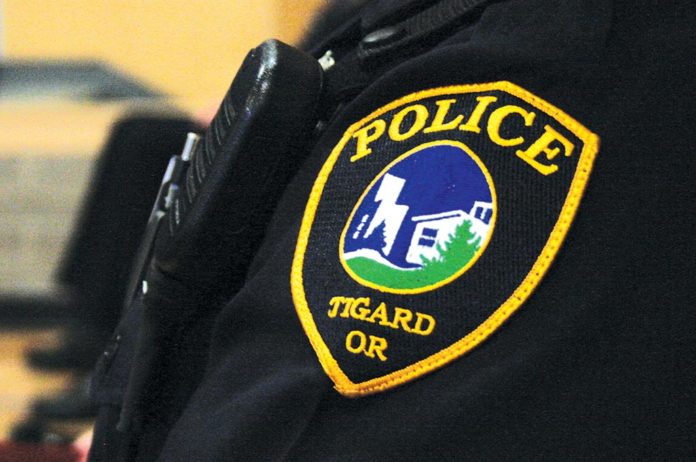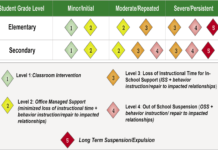During a recent shift, Lieutenant Mike Eskew responded to a couple of intense calls. In one incident, he found a man passed out, lying in his own filth near a smoldering fire that he had lit in some bark dust to cook his food. Lt. Eskew ensured he was okay, called the fire department to extinguish the embers, and connected him with resources, including clean clothing.
 While driving to another call, Lt. Eskew heard a woman scream and observed her bolting into traffic along Pacific Highway. Drivers abruptly applied their brakes to avoid hitting her. Because she was under the influence of a hallucinogen, she continued to scream and squirm as the lieutenant attempted to restrain her. A Good Samaritan helped while he put her in handcuffs, and he was able to safely remove her from the roadway. Given her presenting symptoms, he had her immediately transported to the hospital on a Police Officer Hold (POH) for psychiatric and medical evaluation.
While driving to another call, Lt. Eskew heard a woman scream and observed her bolting into traffic along Pacific Highway. Drivers abruptly applied their brakes to avoid hitting her. Because she was under the influence of a hallucinogen, she continued to scream and squirm as the lieutenant attempted to restrain her. A Good Samaritan helped while he put her in handcuffs, and he was able to safely remove her from the roadway. Given her presenting symptoms, he had her immediately transported to the hospital on a Police Officer Hold (POH) for psychiatric and medical evaluation.
“When individuals are in crisis, there isn’t always a script for how to respond,” says Lieutenant Eskew. “Our first priority is always to keep people safe. We know that sending them to jail or the hospital is only a Band-Aid that temporarily mitigates the crisis. There often aren’t the resources immediately available to address the underlying need.”
“Police are responsible for a wide gap in emergency services. The variety can be challenging,” says Eskew. Where there have been reductions in funding for social services, officers have needed to fill in some of those gaps. Many of these social-service related calls do not involve criminal activity.
During August and September 2019, Tigard Police spent at least 320 hours responding to calls for service related to concerns about mental health crises and houselessness. These hours likely do not reflect all calls and only account for one officer’s time; whereas, many incidents require multiple officers to respond. During the same period, there were 19 incidents where officers assessed that individuals were a threat to themselves or the community, and transported them to the hospital on a POH. When a patrol shift is minimally staffed, an incident requiring a POH can take 1-4 hours, leaving only two or three officers available to field calls for the city.
Typical calls that police respond to include:
- Concerns about behaviors such as people talking and yelling to themselves, harming themselves, and harassing passersby
- Loitering near businesses
- Welfare checks on people passed out in public
- People sleeping in cars or camped out in public or private spaces
To more effectively respond to these calls, officers receive basic training in crisis intervention, at a minimum. Familiarity and rapport with individuals in our community help officers more effectively respond if they are experiencing a mental health crisis and de-escalate amplified behaviors. Officers can also more readily gauge whether a person’s symptoms are increasing overtime when they know the individual.
The vision for our department is to assign two officers to work closely with vulnerable community members alongside social service agencies and connect them with much-needed resources. We have seen positive outcomes in the past when officers have been able to proactively interact and provide resources as needed. Due to staffing constraints and increased call loads, officers currently do not have the capacity to go beyond addressing immediate needs.























